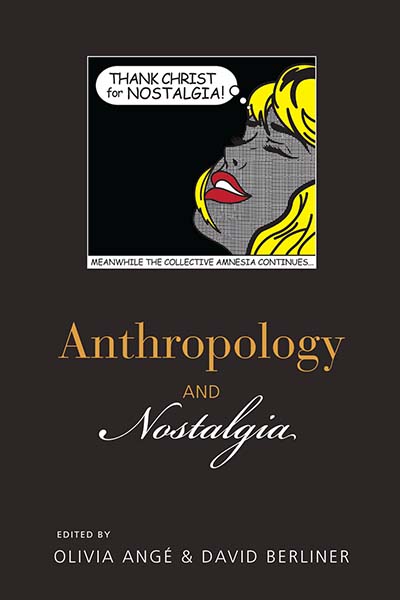 Although nostalgia seems to permeate much of modern (especially Western) society, there are few detailed anthropological accounts of this longing for the past. Editors Olivia Angé and David Berliner seek to fill this gap and explore this phenomenon in their newly published volume, Anthropology and Nostalgia. Following, the editors look back on the creation of their volume and look forward to its reception within the social science community.
Although nostalgia seems to permeate much of modern (especially Western) society, there are few detailed anthropological accounts of this longing for the past. Editors Olivia Angé and David Berliner seek to fill this gap and explore this phenomenon in their newly published volume, Anthropology and Nostalgia. Following, the editors look back on the creation of their volume and look forward to its reception within the social science community.
_______________________________________
What drew you to the study of nostalgia, especially as it relates to the social sciences?
Well, nostalgia is a central notion that permeates present-day discourses and practices. In many parts of the world, there seems to be a current overdose of nostalgia, a reaction to the modern acceleration deployed in universes as diverse as nationalism, heritage policies, vintage consumerism, the tourism industry, and religious and ecological movements.

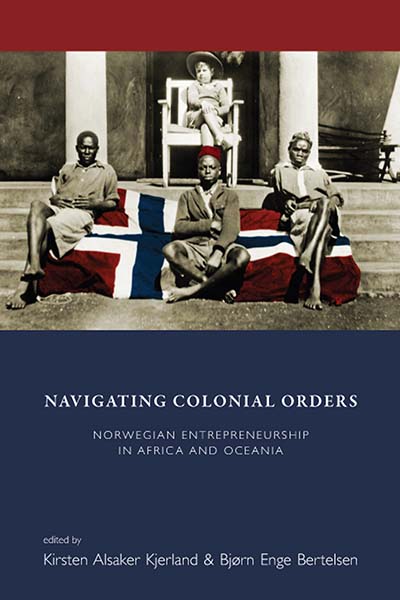
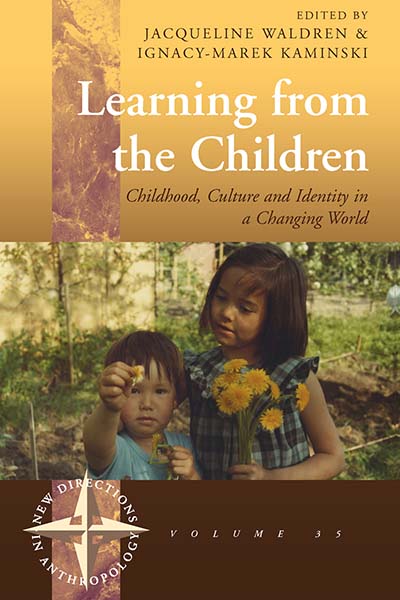
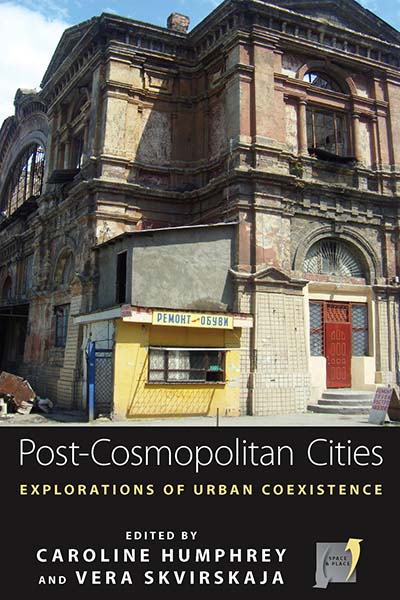
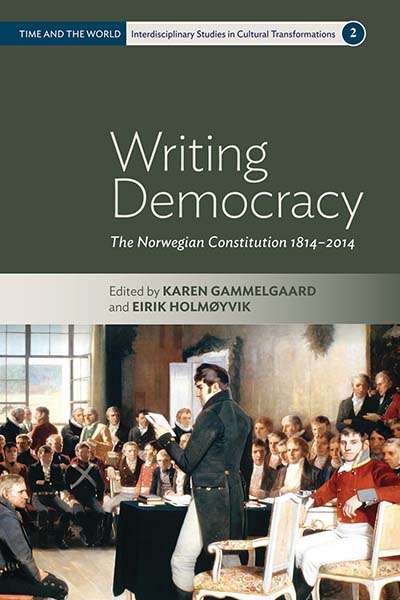
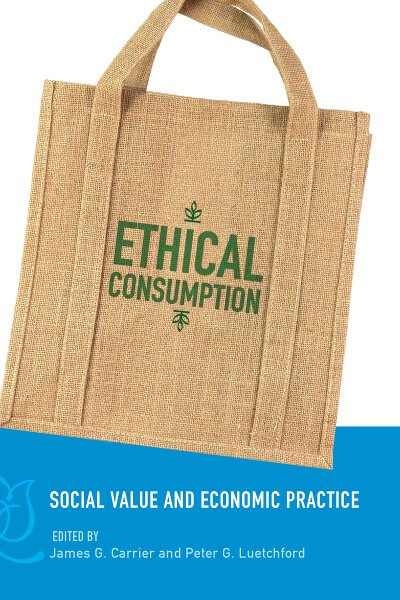
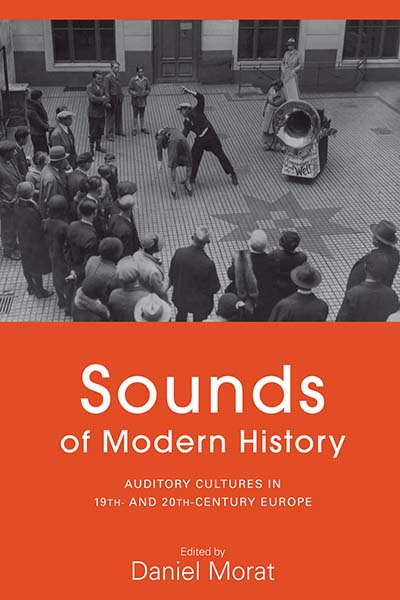
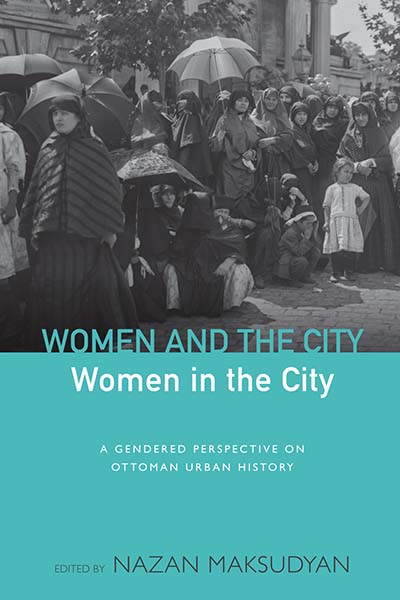
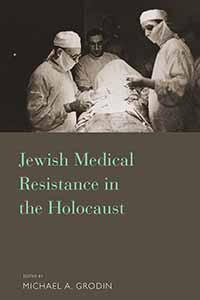
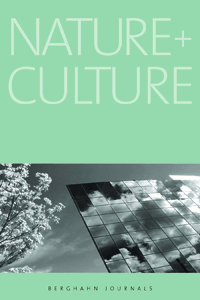 The below is a special guest post written by Ana Horta, special issue editor of Nature + Culture Volume 9, Issue 2. The story of
The below is a special guest post written by Ana Horta, special issue editor of Nature + Culture Volume 9, Issue 2. The story of